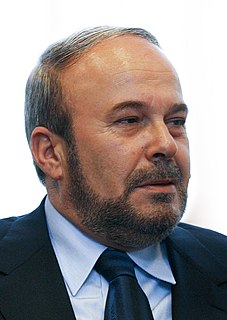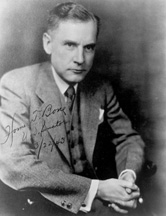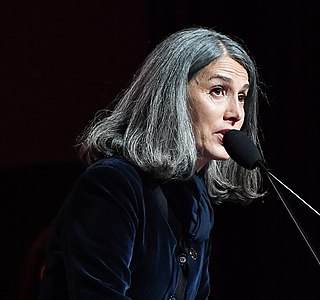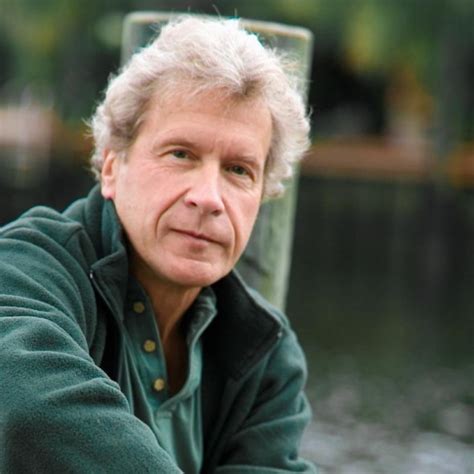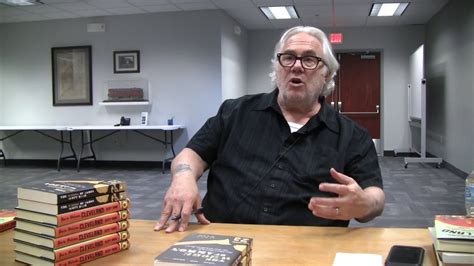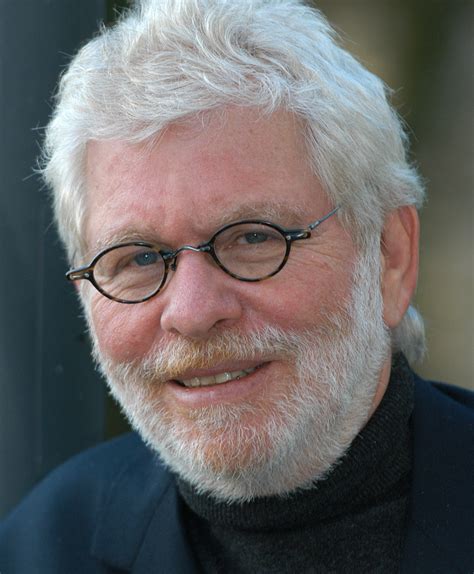A Quote by Malcolm Forbes
A little while ago I visited Omaha Beach for the second time in my life. In the intervening 26 years, nearly 20,000 tides had come and gone and little remains visible of the greatest military landing in man's history of endless warring. What's to be seen is mostly in a superb museum and a panoramic cemetery. The cemetery memorializes with dignity and grandeur the event and the dead, and moves one deeply. Before they die less precipitously and/or in lesser purpose, Americans who can should visit World War II's Normandy Beach. Such seeing and remembering helps a man's perspective.
Quote Topics
Beach
Before
Cemetery
Come
Come And Go
Dead
Deeply
Die
Dignity
Endless
Endless War
Event
Gone
Grandeur
Greatest
Greatest Military
Had
Helps
History
Intervening
Landing
Less
Lesser
Life
Little
Little While
Man
Military
Mostly
Moves
Museum
My Life
Nearly
Normandy
Omaha
Omaha Beach
Perspective
Purpose
Remains
Remembering
Second
Seeing
Seen
Should
Superb
Tides
Time
Visible
Visit
Visited
War
While
World
World War
World War I
World War II
Years
Related Quotes
little sun little moon little dog and a little to eat and a little to love and a little to live for in a little room filled with little mice who gnaw and dance and run while I sleep waiting for a little death in the middle of a little morning in a little city in a little state my little mother dead my little father dead in a little cemetery somewhere. I have only a little time to tell you this: watch out for little death when he comes running but like all the billions of little deaths it will finally mean nothing and everything: all your little tears burning like the dove, wasted.
It cost about 75 cents to kill a man in Ceasar's time. The price rose to about $3,000 per man during the Napoleonic wars; to $5,000 in the American Civil War; and then to $21,000 per man in World War I. Estimates for the future wars indicate that it may cost the warring countries not less than $50,000 for each man killed.
However, there is a fundamental difference between the issue related to Japan's history and our negotiations with China. What is it all about? The Japanese issue resulted from World War II and is stipulated in the international instruments on the outcomes of World War II, while our discussions on border issues with our Chinese counterparts have nothing to do with World War II or any other military conflicts. This is the first, or rather, I should say, the second point.
A little more kindness, A little less speed, A little more giving, A little less greed, A little more smile, A little less frown, A little less kicking, A man while he's down, A little more "We", A little less "I", A little more laugh, A little less cry, A little more flowers, On the pathway of life, And fewer on graves, At the end of the strife.
I think in many ways, the Spanish Civil War was the first battle of World War II. After all, where else in the world at this point did you have Americans in uniform who were being bombed by Nazi planes four years before the U.S. entered World War II? Hitler and Mussolini jumped in on the side of Francisco Franco and his Spanish nationalists, sent them vast amounts of military aid, airplanes, tanks - and Mussolini sent 80,000 ground troops as well - because they wanted a sympathetic ally in power. So I think it really was the opening act of World War II.
Letting go all else, cling to the following few truths. Remember that man lives only in the present, in this fleeting instant: all the rest of his life is either past and gone, or not yet revealed. This mortal life is a little thing, lived in a little corner of the earth; and little, too, is the longest fame to come - dependent as it is on a succession of fast-perishing little men who have no knowledge even of their own selves, much less of one long dead and gone.
I watched American TV shows: Starsky & Hutch, Dallas, Rockford Files, Bonanza. And for many summers growing up, I worked on my aunt and uncle's farm in East Anglia. Down the street was an American cemetery for the Second World War, and every Memorial Day an American bomber would fly over that cemetery and drop rose petals.

